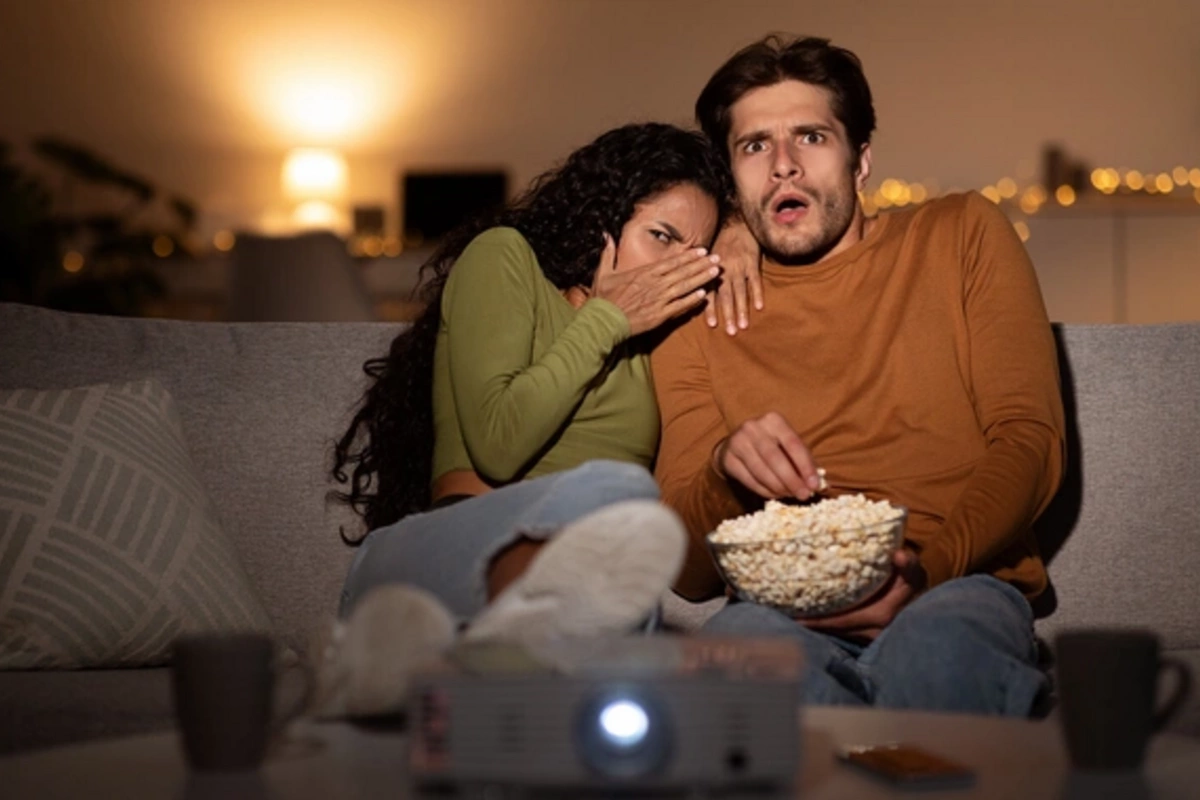28 Oct , 22:17
0

The secret of horror's attraction decoded: scientists explain why we love to be scared. An international team of researchers has discovered that horror films serve as a brain training device, helping it to perfect mechanisms for predicting and controlling uncertainty, transforming fear into a special form of pleasure. The results of this revolutionary study are published in the prestigious scientific journal Philosophical Transactions of the Royal Society B (PTRSB).
The research is based on the theory of predictive processing – an advanced model of brain function, according to which our main control organ continuously generates forecasts about upcoming events and adjusts them when they don't match reality. When predictions diverge from actual signals, a "prediction error" occurs, which the brain seeks to eliminate – either by revising its internal models or by actively intervening in the environment.
Contrary to popular belief, this theory states that people don't always require calm and predictability. Our brain intuitively strives for a "zone of optimal uncertainty" – a golden middle between monotonous predictability and complete chaos, where the most effective learning and improvement of internal world models takes place.
Horror movies function as a sophisticated "affective technology" – a special tool designed for purposeful manipulation of our emotions and expectations. Although the rational part of consciousness understands that the monsters on screen are merely fiction, the brain perceives what is happening as a safe simulation of danger and continues to extract valuable lessons from this experience.
At the same time, the horror genre maintains stable narrative templates – for example, the image of the main character who ultimately survives and triumphs over evil. This unique combination of unexpected twists with a predictable structure creates an ideal balance between chaos and order, which our brain finds incredibly captivating.
However, researchers warn that such benefits are not observed in all viewers. For people with post-traumatic experiences, horror movies can, on the contrary, intensify feelings of danger and hopelessness. In such cases, interest in frightening content risks transforming into an unhealthy habit that only fuels anxious states.